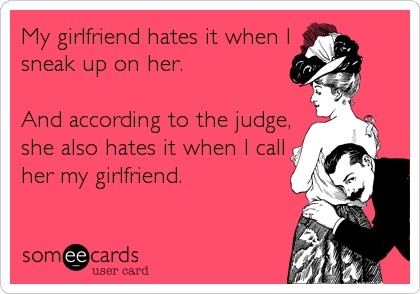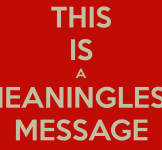.true confidence can not be hypocritical (although modesty actually can be).
I can actually hear it...and see how the cue ball reacts after contact.
My point is you can feel the stroke much better than you can see it. This goes for yourself or others, and I'm speaking from experience.
Some people think they can see confidence, however, it's something that is felt - it's the mannerisms that people mistake for confidence, yet that can be faked.....true confidence can not be hypocritical (although modesty actually can be).

The stroke is similar, you can't fake it or it will show immediately in your game....not necessarily in your hand, wrist, or arm.
So, we mere mortals can't see what you are doing, even with a video camera and detailed analysis after the fact, but you can see that all the top players are accelerating precisely at the moment of contact just by watching with your naked eyes?
Are the eyes of a champion really any better than those of a banger? Hell, the banger spends a lot more time watching other guys play than the champion does.
Maybe the railbirds have the best eye for this kind of stuff. They do the most watching of all.
I can actually hear it...and see how the cue ball reacts after contact.
My point is you can feel the stroke much better than you can see it. This goes for yourself or others, and I'm speaking from experience.
Some people think they can see confidence, however, it's something that is felt - it's the mannerisms that people mistake for confidence, yet that can be faked.....true confidence can not be hypocritical (although modesty actually can be).

The stroke is similar, you can't fake it or it will show immediately in your game....not necessarily in your hand, wrist, or arm.


